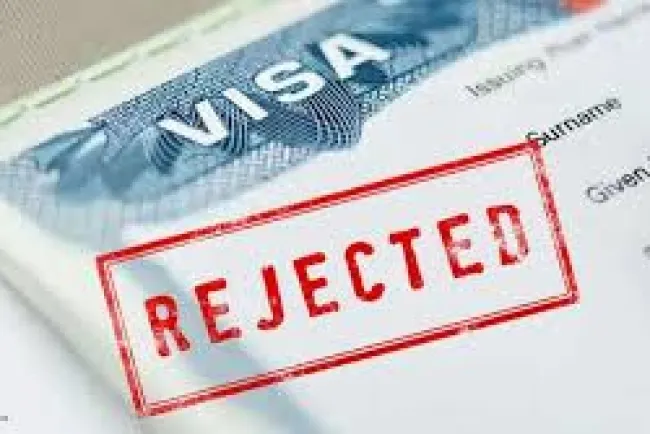Nordstream Pipeline: Russia and US Discuss Restoring Gas Supplies to Europe
Russia's Foreign Minister Sergey Lavrov announces talks with the US to revive gas deliveries to Europe through the Nordstream pipeline amid an impending energy crisis. What does this mean for Europe's energy stability? Read on for insights!
In a significant announcement, Russian Foreign Minister Sergey Lavrov revealed that Russia and the United States are engaged in discussions about the potential resumption of gas deliveries to Europe via the Nordstream pipeline. Speaking to a state-run channel, Lavrov acknowledged existing disagreements but emphasized the mutual interest in restoring normal energy supplies to Europe, particularly as the continent grapples with an impending gas crisis.
Current Energy Crisis in Europe
Europe is facing a precarious energy situation, having burned through an excess of 10 billion cubic meters of gas this winter due to severe cold weather. This has resulted in storage tanks across the European Union reaching a three-year low of just 35% capacity. Compounding the crisis, Ukraine halted the transit of Russian gas to Europe on January 1, removing another 10 billion cubic meters from the market. Such developments have sparked renewed discussions about reviving limited supplies of Russian gas through the Nordstream pipelines.
The Nordstream pipelines, which connect Russia to Germany under the Baltic Sea, have historically been critical for Russian gas exports to Europe. While Nordstream 1 became operational in 2011, Nordstream 2 was completed but never utilized. In September 2022, three of the four pipelines suffered severe damage in what is believed to be a sabotage attack, further complicating the energy landscape.
Lavrov's Critique of European Leaders
Lavrov did not shy away from criticizing European leaders, accusing them of obstructing efforts to restore the Nordstream pipeline and targeting key figures, including German Economy Minister Robert Habeck and European Commission President Ursula von der Leyen. He characterized their stance as either "sick" or "suicidal," underscoring the tension between Russia and European nations regarding energy policy.
Furthermore, Lavrov urged the United States to leverage its influence over European countries, advocating for a reconsideration of their rejection of Russian gas. He argued that the significantly higher fuel costs for European businesses compared to their US counterparts necessitate a return to normalcy in energy supplies.
Implications for Europe and Global Energy Markets
The discussions surrounding the Nordstream pipeline come at a critical time for Europe, as the continent seeks to stabilize its energy supplies amidst geopolitical tensions and supply chain disruptions. The potential restoration of Russian gas supplies could alleviate the current energy crisis, but it also raises questions about Europe's long-term energy strategy and reliance on Russian resources.
As Europe navigates these complex dynamics, the involvement of the US as a mediator could play a pivotal role in shaping the future of energy supply routes and geopolitical relationships in the region.
Conclusion
The ongoing dialogue between Russia and the US regarding the Nordstream pipeline signifies a strategic moment for European energy security. As the continent faces a looming gas shortage, the outcome of these discussions could have profound implications for both the European economy and global energy markets. The international community will be watching closely to see how this situation unfolds and what it means for the future of energy in Europe.
For the latest updates on the Nordstream pipeline and European energy dynamics, stay tuned to our blog and follow us for more insights.
What's Your Reaction?















